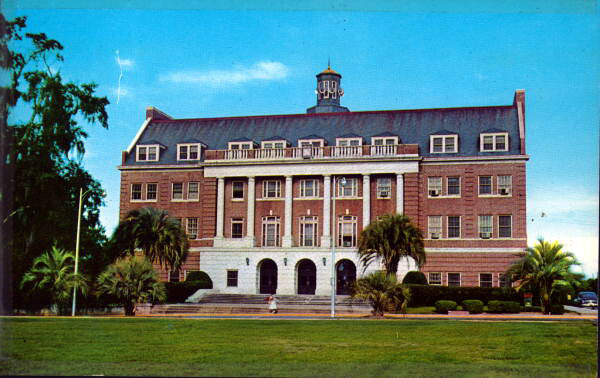By Andrew Skerritt
Two students from Florida A&M University’s School of Journalism & Graphic Communication (SJGC) have been selected for the inaugural Historically Black Colleges and Universities (HBCU) Science Journalism Fellowship launched by the Knight Science Journalism Program at MIT.
Jonathan Charles, a sophomore majoring in broadcast journalism from Broward County, Fla, and Skylar Rowley, a junior broadcast journalism scholar from Belle Glade, Fla., were among the 10 students chosen for this fellowship. The program aims to nurture early-career science journalists by providing them with a year of skill-building freelance experience and dedicated mentorship.
The HBCU Science Journalism Fellowship will kick off this June with a week-long science journalism summer camp at MIT. The fellows will engage with award-winning science journalists, meet editors from leading science publications, and participate in hands-on workshops. Over the course of the following year, each fellow will be mentored by a professional science journalist to pitch stories to national and regional science publications.
“Since I entered SJGC, I have been blessed to be surrounded by incredible faculty and staff as well as peers who have helped me become a better student, journalist, and artist,” said Charles. “I feel incredibly honored and excited to receive this opportunity, and it wouldn’t have been possible without the people I’ve met here in the School of Journalism. I am extremely excited to learn from some of MIT’s brightest minds and represent the school that has poured so much into me.”
Rowley expressed her gratitude for the opportunity and is looking forward to learning science journalism.
“I am looking forward to meeting the other fellows and learning more about scientific reporting,” Rowley said. “As this is a new journey for myself, I am thankful for my J-School family, specifically Professor Hughes and Professor Jones, who have both taken me under their wing, shaping me into becoming a better media professional.”
The Knight Science Journalism Program worked closely with journalism deans and faculty at the five participating HBCUs, including FAMU, to develop the fellowship concept and select the inaugural cohort. The program aims to open new pathways into a specialty area of journalism that has become increasingly important in the public sphere, with the overarching goal of making science journalism more representative of the communities it serves.
“We’re thrilled to be able to welcome this impressive group of students to MIT,” said Ashley Smart, associate director of the Knight Science Journalism Program in an online press release. “They have an incredible wealth of talent, skill, and dedication — and immense potential to do science reporting that really impacts people’s everyday lives.”
The HBCU Science Journalism Fellowship is the latest addition to the Knight Science Journalism Program’s efforts to sustain and improve science journalism in the public interest, joining its flagship academic-year fellowship for mid-career journalists, the Sharon Begley Science Reporting Fellowship for early career journalists (a collaboration with the Boston-based publication STAT), and the Fellowship for Advancing Science Journalism in Africa and the Middle East.

